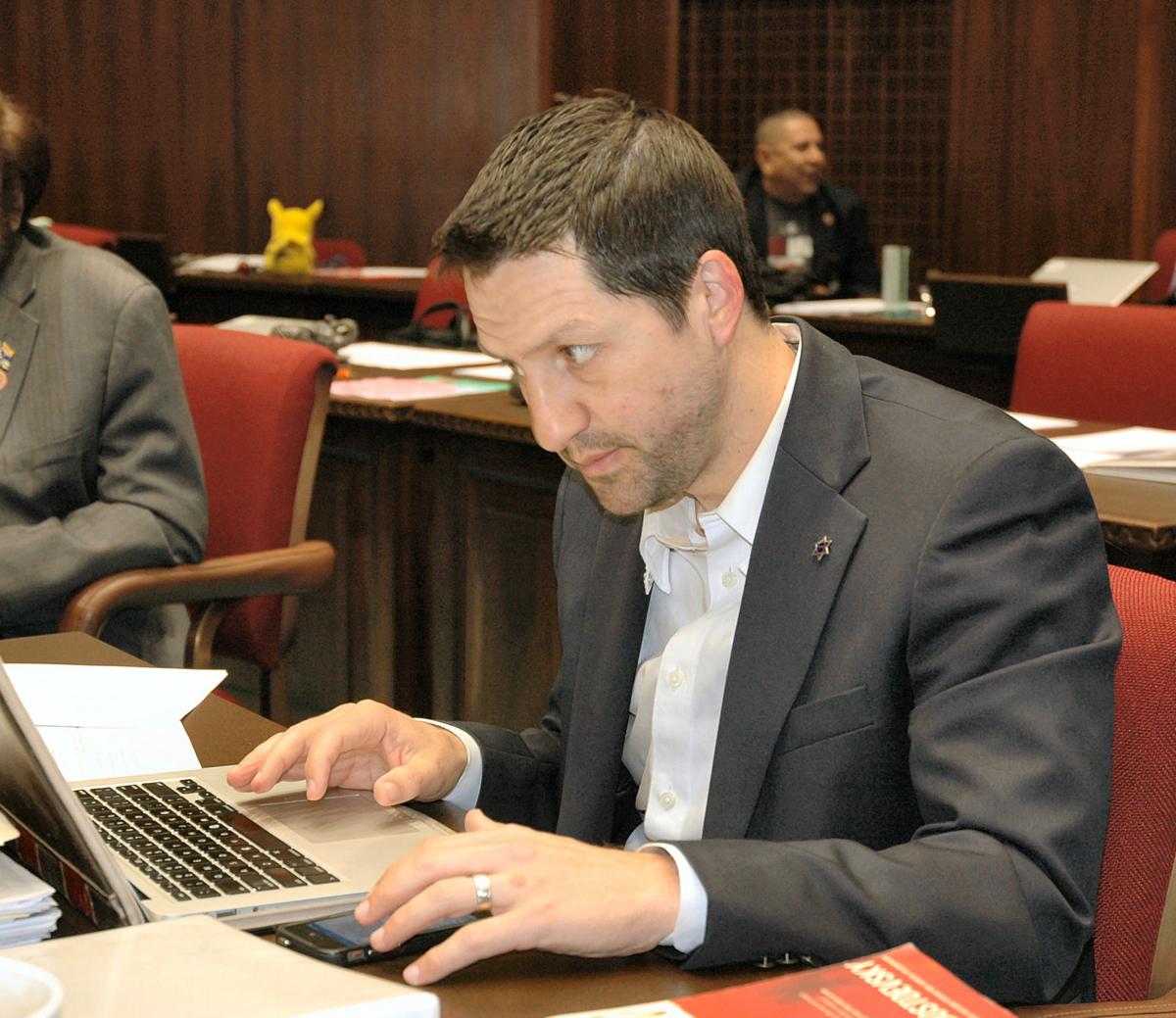PHOENIX — Rejected by the courts, a supporter of Israel is making a new bid to keep those who boycott the country and firms that do business there from getting government contracts.
But the proposal by Sen. Paul Boyer, R-Phoenix, appears more designed to undermine the claim of illegality made by a Flagstaff lawyer, a claim upheld by U.S. District Court Judge Diane Humetewa last year. And an attorney for the American Civil Liberties Union, which won an injunction against the first iteration of the law, called the new version a “transparent attempt to avoid another defeat in court.”
SB 1167, set for debate Thursday in the Senate Commerce Committee, is virtually identical to the 2016 law approved by the Legislature. It would bar state or local governments from entering into a contract for services or supplies unless a company certifies in writing that it is not engaged in a boycott of Israel.
That law resulted in a lawsuit last year by the ACLU on behalf of Mik Jordahl, who had been doing work for the Coconino County Jail District worth more than $18,000 a year.
Jordahl, according to the lawsuit, also is a non-Jewish member of Jewish Voice for Peace, which endorses the Boycott, Divest and Sanctions movement to protect the actions of the Israeli government, “including the occupation of Palestinian territories.”
But Jordahl refused to sign the certification that he would not boycott companies that do business in Israel, filing suit instead to void the law.
In a ruling last year, Humetewa said the law interferes with First Amendment rights.
Humetewa rejected arguments by Attorney General Mark Brnovich that lawmakers have a legal, and even moral, right to prevent public dollars from going to individuals and companies who try to pressure the Israeli government through economic means. She said the state cannot use its economic power to deny people their right to speak out and act on their personal beliefs.
Brnovich is asking the 9th Circuit Court of Appeals to overturn that ruling. The judges have not yet set a date to hear arguments.
What Boyer’s Senate Bill 1167 would do is make the anti-boycott law applicable only to firms with 10 or more full-time employees and for contracts of $100,000 or more.
Put simply, if the Boyer measure becomes law, the 2016 statute that Humetewa found unconstitutional would no longer exist, leaving nothing for the appellate judges to consider and effectively forcing them to dismiss the case. More to the point, by limiting who is affected, it would exempt Jordahl, meaning he would have no legal right to sue to have the new version overturned.
Boyer insisted that his legislation simply puts the law in the form it was meant to be in the first place.
“It was never intended to focus on individuals,” he said. And Boyer said he believes revamping the law this way will help it survive another legal challenge — assuming some larger firm refused to sign the certification.
Boyer also defended denying public contracts to firms that boycott companies that do business in Israel, even if that firm is the lowest bidder — and even if it means taxpayers shell out more money to contract with another firm that does not engage in a boycott.
“We’re saying as a state we don’t want to do business with someone who’s taken a public position to boycott, divest or sanction a people simply because of who they are,” he said.
ACLU attorney Brian Hauss chided Boyer for thinking he can deal with the issue by undermining Jordahl’s litigation.
“As the bill demonstrates, Arizona knows that its anti-boycott law violates the First Amendment,” he said in a prepared statement.





